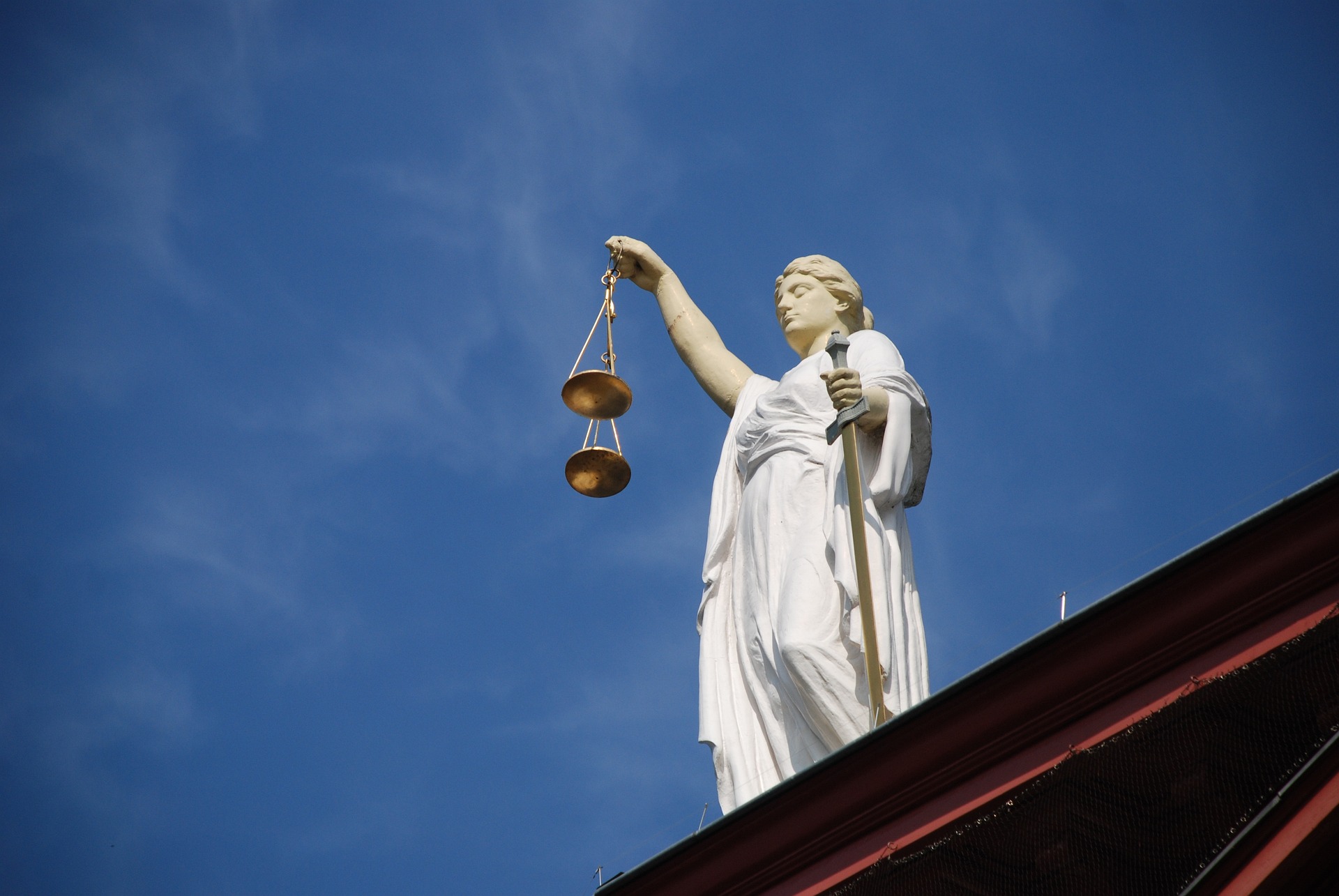A Deeper Look into the Role of Judicial Review in Modern Democracy
Introduction: Judicial review, a core principle of democratic systems of government, promotes the rule of law by verifying the constitutionality of legislative and executive actions. This article delves into the origins of judicial review, its current implications, and its evolving role in modern democracy.

Origin and Development of Judicial Review
Judicial review traces its roots back to the late 18th century. The concept was formally recognized in the landmark case Marbury v. Madison in 1803, where the U.S. Supreme Court for the first time asserted its authority to review and invalidate government actions contradicting the Constitution. This established the judiciary as an independent and co-equal branch of the government, capable of limiting the powers of the other branches.
Judicial Review in Contemporary Democracies
In contemporary democracies, judicial review serves as a critical check and balance mechanism. It ensures that the actions of the legislature and executive branches are within the constitutional framework. However, the scope and application of judicial review vary globally. While some nations like the U.S. and Germany use a concrete judicial review, others like the U.K. and New Zealand adhere to a softer form, which respects parliamentary sovereignty.
Recent Trends and Developments
Recent years have witnessed novel developments in the realm of judicial review. Courts worldwide have started to scrutinize not just the legality but also the reasonableness of government actions. This trend is particularly noticeable in countries with a tradition of common law, such as India, where the Supreme Court has employed judicial review to uphold socio-economic rights.
The Impact of Judicial Review on Society
Judicial review has profound implications for society. It acts as a safeguard against potential tyranny of the majority, ensuring that minority rights are protected. It also upholds the principles of justice and fairness by ensuring that laws and regulations are applied consistently and impartially.
The Future of Judicial Review
The future of judicial review will likely involve continuous evolution and adaptation to societal changes. As our societies become more complex, the role of judicial review in maintaining democratic balance, ensuring accountability, and promoting justice will remain crucial. However, it will also call for a delicate balance to avoid judicial overreach, which could threaten democratic principles.
In conclusion, while judicial review may not make the headlines as often as legislative or executive actions, its role in maintaining the rule of law and democratic balance is indispensable. As we move into an increasingly complex future, understanding and appreciating the function of judicial review is paramount.




